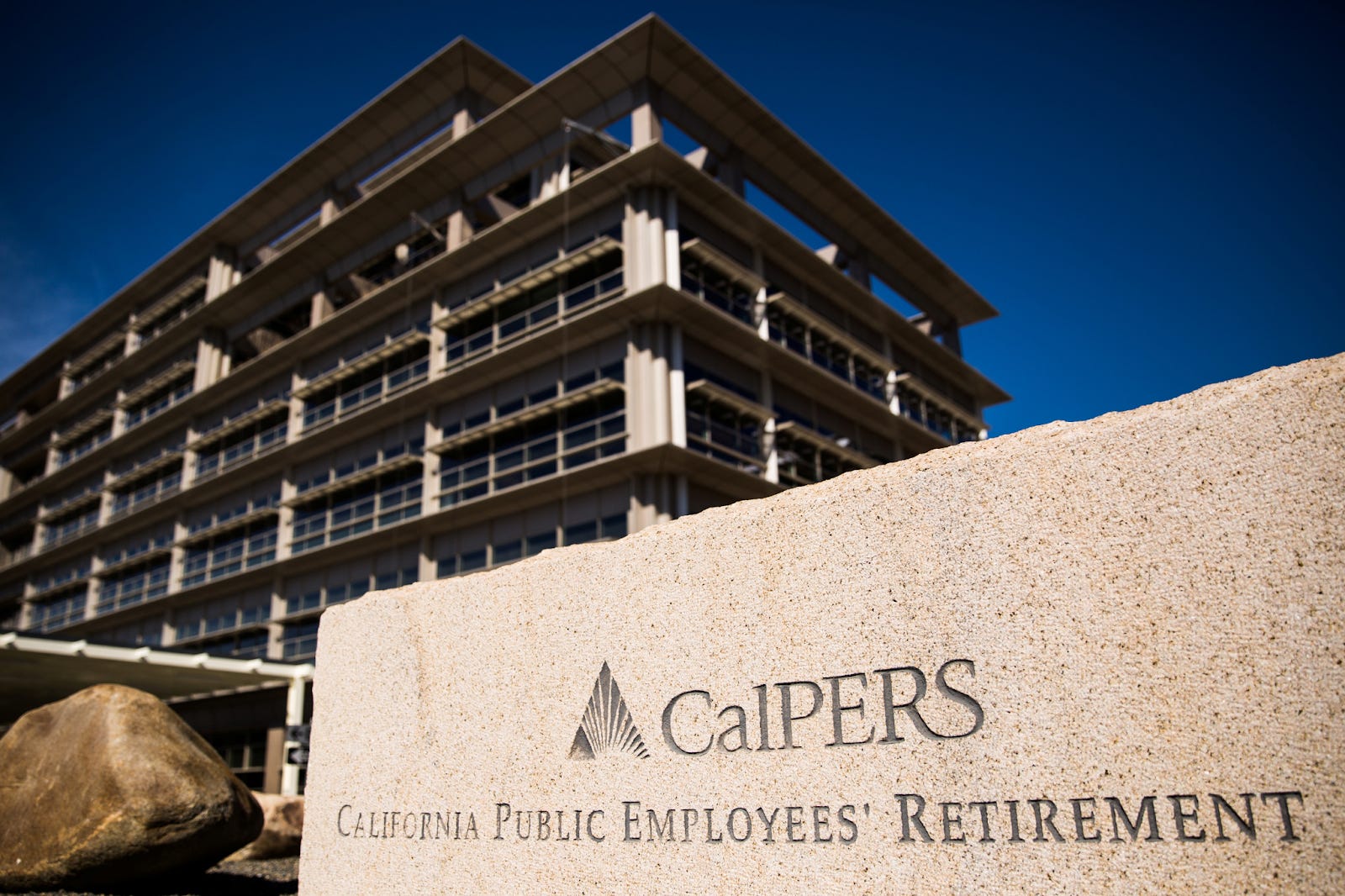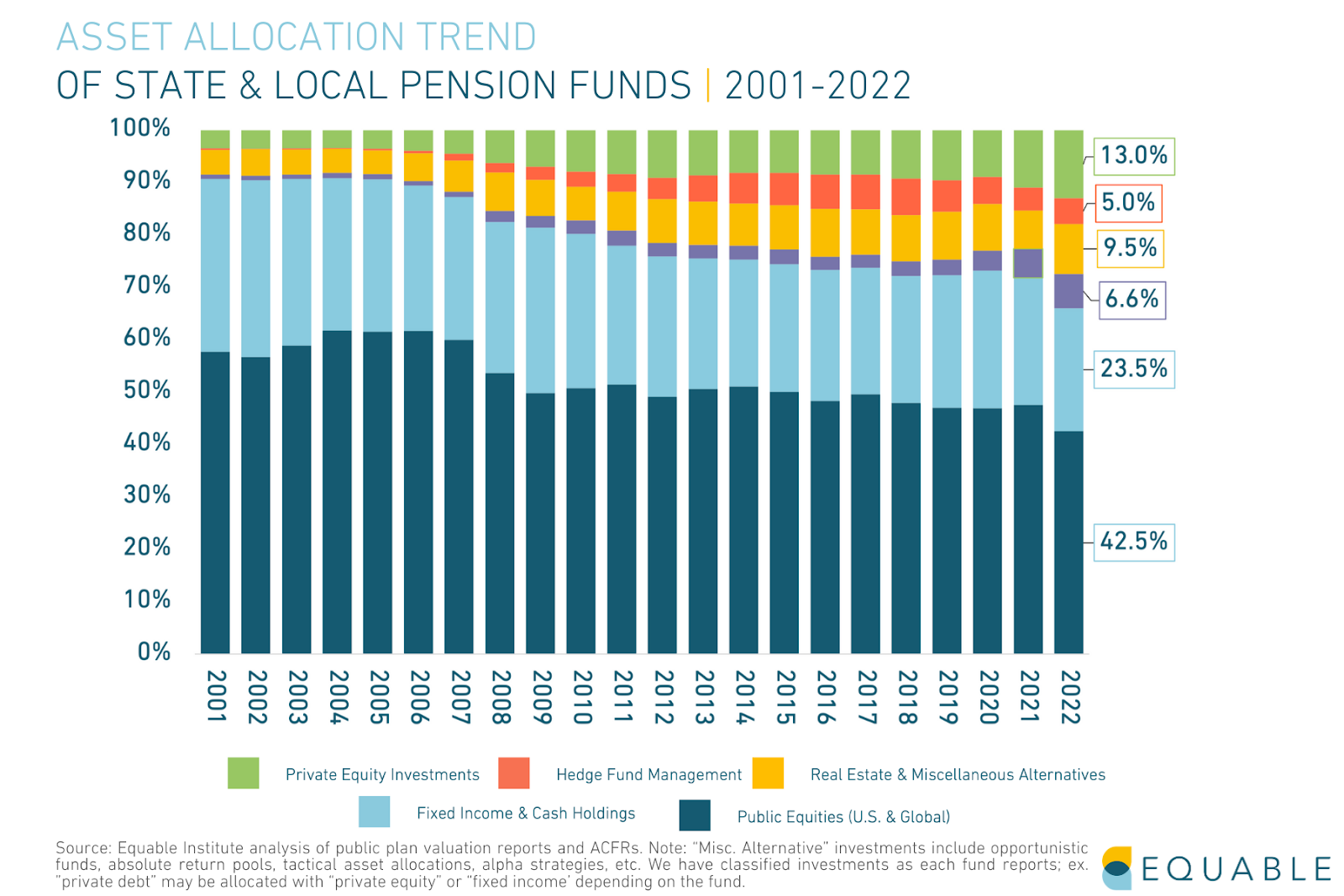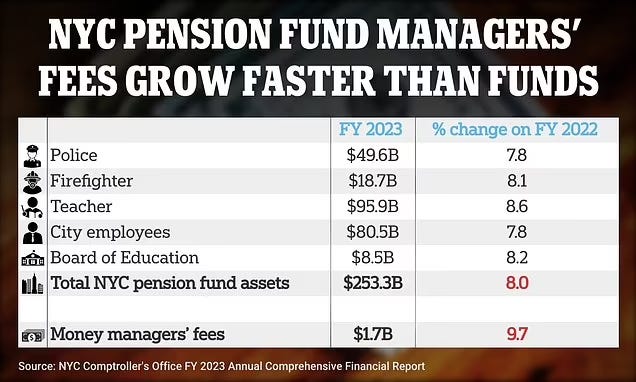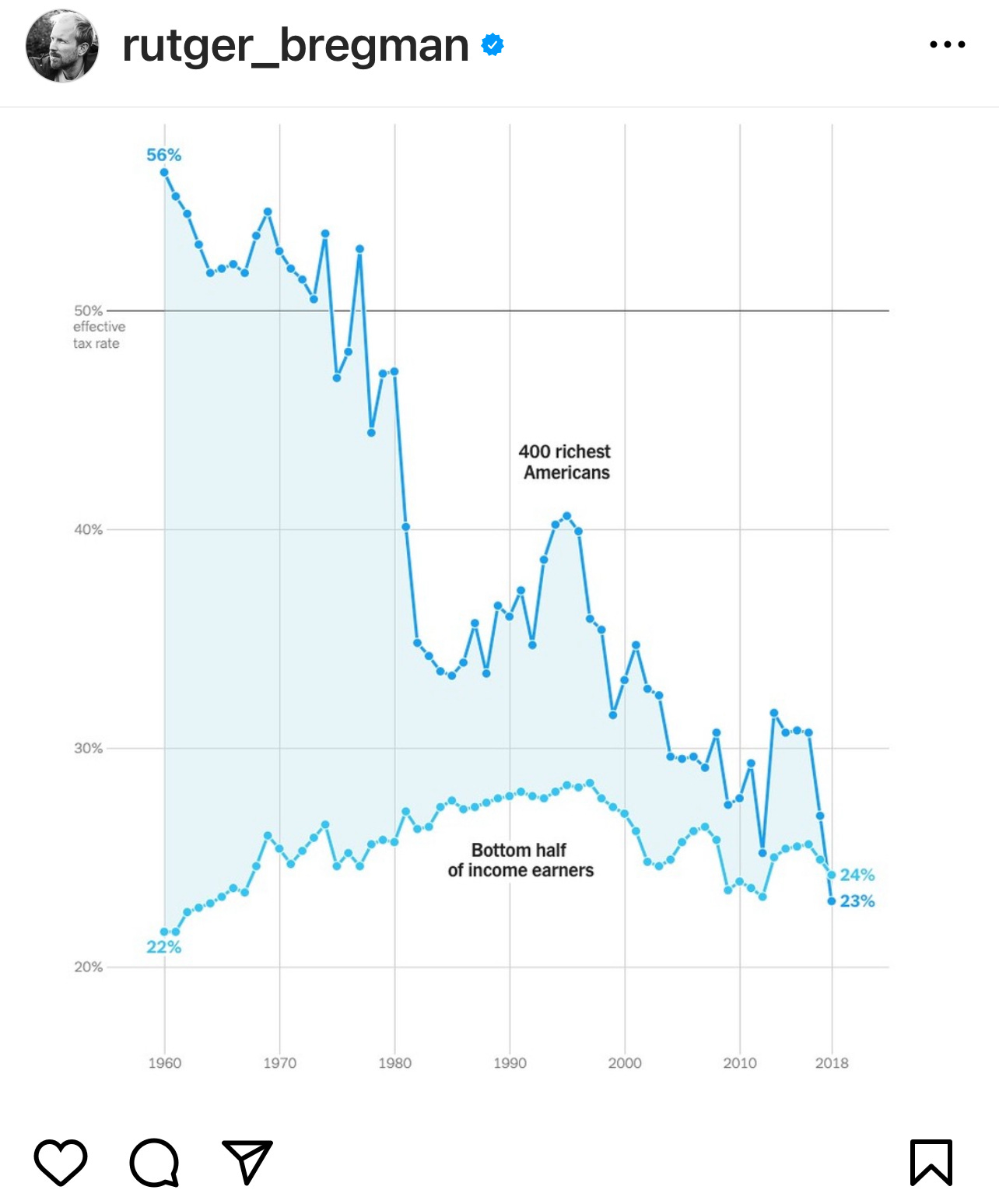|
Welcome to You’re Probably Getting Screwed, a weekly newsletter and video series from J.D. Scholten and Justin Stofferahn about the Second Gilded Age and the ways economic concentration is putting politics and profits over working people.
You're Probably Getting Screwed by Pensions
How taxpayers and public servants are helping fuel the looting of our economy
Private equity is burning down the economy and doing it with your tax dollars.
It did not garner headlines but a couple of weeks ago the White House brought together major public pension funds to discuss how fund managers can take steps to protect workers. Specifically the event featured five pension funds with over $1 trillion in assets that support labor principles in their private equity investments. It was an opportunity for the Biden Administration to highlight its record on labor issues, but also underscored something else, private equity is heavily reliant on public pension funds.
Private equity is supercharging consolidation and further hollowing out our economy. PE firms are gobbling up everything from hospitals to physicians to HVAC installers to minor league baseball teams! They are also screwing workers. A 2019 study by United for Respect found that more than 1.3 million people had lost their jobs at PE-owned retailers over a decade. Private equity often acquires firms using heavy amounts of debt and then strips companies for parts in order to make quick profits and repay that debt. Wall Street wins and the rest of us get screwed.
A significant chunk of PE financing comes from public pension funds, which in turn comes from taxpayers and public employees. These pension funds pay for the retirements of state workers, public school teachers, police officers, and firefighters, just to name a few. Pension funds are almost one-third of all investors in private equity and collectively pension funds have around 13 percent (over $600 billion) of their money in PE, up from just 3.5 percent in 2001 according to the Equable Institute.
Plenty of states are well above that 13% share. The Private Equity Stakeholder Project has a Private Equity State Risk Index that reports on 16 key measures that reflect private equity’s risk to workers, healthcare, housing and state pensions. According to the index, Washington has the highest pension risk score in part because it has nearly 30% of its pension assets invested in private equity. Minnesota, with the second highest pension risk score, has 25.4% invested in PE while Iowa is at 21.3%. Another component of the risk those states have is they lack measures like a responsible contractor policy requiring signed affirmation from private equity fund managers that all of their portfolio companies comply with state labor laws, environmental laws and health codes, part of what the White House was highlighting the other week.
It is also worth noting these state averages mask the even higher shares among certain systems. According to a database called Public Plans Data, the Texas County & District Retirement System has nearly 43% invested in private equity while the Arizona State Retirement System (36.3%), San Francisco Employees' Retirement System (32.6%) and the Delaware Public Employees' Retirement System (29.6%) are among the ten systems with the highest share invested in PE.
Not only are pension fund investments in private equity helping fuel consolidation and screw over the kind of working people those funds benefit, it is also a massive subsidy for Wall Street. Private equity fund managers typically charge a 2% annual management fee and a 20% performance fee (known as 2 and 20) for beating an investment benchmark. While pension funds have a size that could allow them to negotiate better fees, they are still paying plenty. While not all private equity, New York City paid $1.7 billion in management fees in 2022 and Rhode Island saw management fees rise from $10 million to over $188 million after shifting investment into private equity and hedge funds. In the worst-case scenarios these lucrative fees can lead to outright corruption.
What do pension funds get for this investment? Not much. A 2020 study appropriately titled “An Inconvenient Fact: Private Equity Returns & The Billionaire Factory” found that private equity returns since 2006 were similar to those of public equity indices, say the S&P 500, but had charged nearly $250 billion in fees over that time period.
States are starting to take steps to address the harms caused by private equity, particularly in healthcare and that is fantastic! Yet those same policymakers may not be paying attention to the way pension funds are used to line the pockets of Wall Street monopolists. That can change!
YOU’RE PROBABLY (ALSO) GETTING SCREWED BY:
Country Of Origin Labeling (COOL)
Since Congress passed the 2016 Consolidated Appropriations Act, an omnibus spending bill that repealed all COOL requirements from muscle cuts of beef and pork, and ground beef and pork, you’ll hear politicians say things like “I am for COOL but you can’t do anything because of the World Trade Organization (WTO).”
Well, the Missouri Rural Crisis Center hosted a panel where the experts explain why that's not a valid reason. Here’s the video:

Lobbyists
Do you know what industry spends the most on lobbying? Well, the Union of Concerned Scientists has a new report.
In just the last five years, the agribusiness sector's annual lobbying expenditures have risen 22 percent, from $145 million in 2019 to $177 million in 2023. And each year, agribusiness spends more on federal lobbying than the oil and gas industry and the defense sector.
Billionaires Tax Rate
Stunning graph: the plummeting tax rates of the richest Americans. For the first time in history, billionaires have a lower effective tax rate than working-class Americans.
Climate Change
Climate Change is making homeowner insurance go through the roof! And it’s not just in places like in Florida. According to this New York Times article, Marshalltown and Cedar Rapids Iowa are having a tough time keeping insurance companies to stay. It was also featured on the New York Times The Daily podcast.
Additionally, the Revolving Door Project recently came out with this blog post “The U.S. Midwest's Home Insurance Crisis Should Be a Wake-Up Call.”
Cost of Food
Billionaires
And this headline from Americans for Tax Fairness is worrisome “The Billionaire Family Business: 50 Billionaire Clans Have Already Spent Over $600 Million on the 2024 Elections, Mostly to Preserve Their Fortunes.”
SOME GOOD NEWS
New Book Alert
Sarah Smarsh has a new book out Bone of the Bone: Essays on America from a Daughter of the Working Class.
FTC Noncompete Ban Rule
Like we previously mentioned, the FTC rule on noncompetes immediately made groups like the National Chamber of Commerce upset. Here’s a good article describing why what the FTC did was legal.
BEFORE YOU GO
Before you go, I need two things from you: 1) if you like something, please share it on social media or the next time you have coffee with a friend. 2) Ideas, if you have any ideas for future newsletter content please comment below. Thank you.
Break ‘Em Up,
Justin Stofferahn



